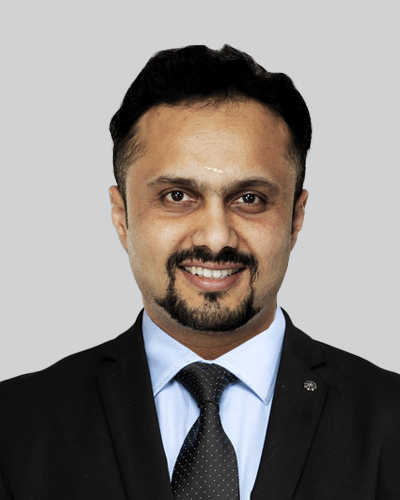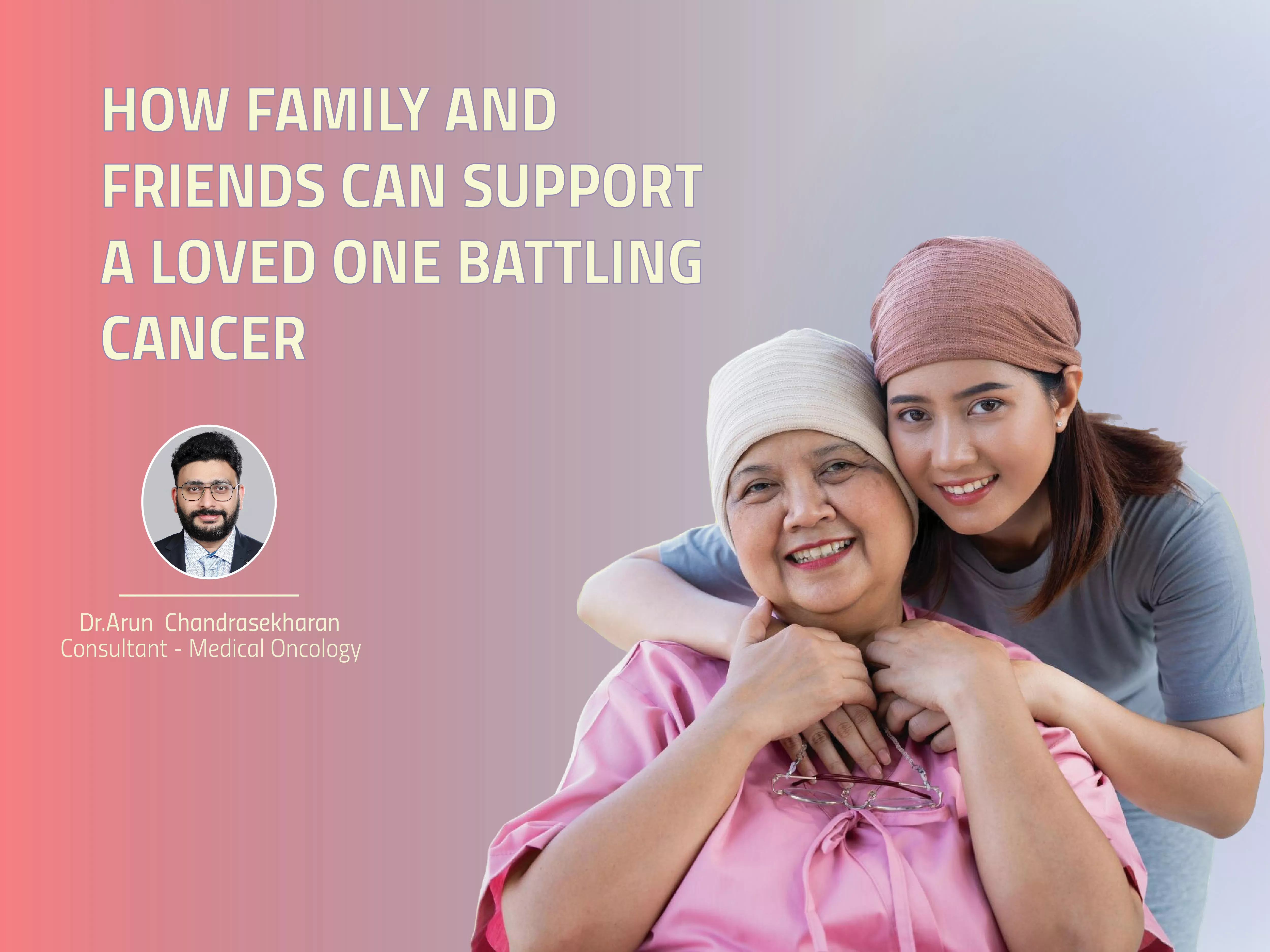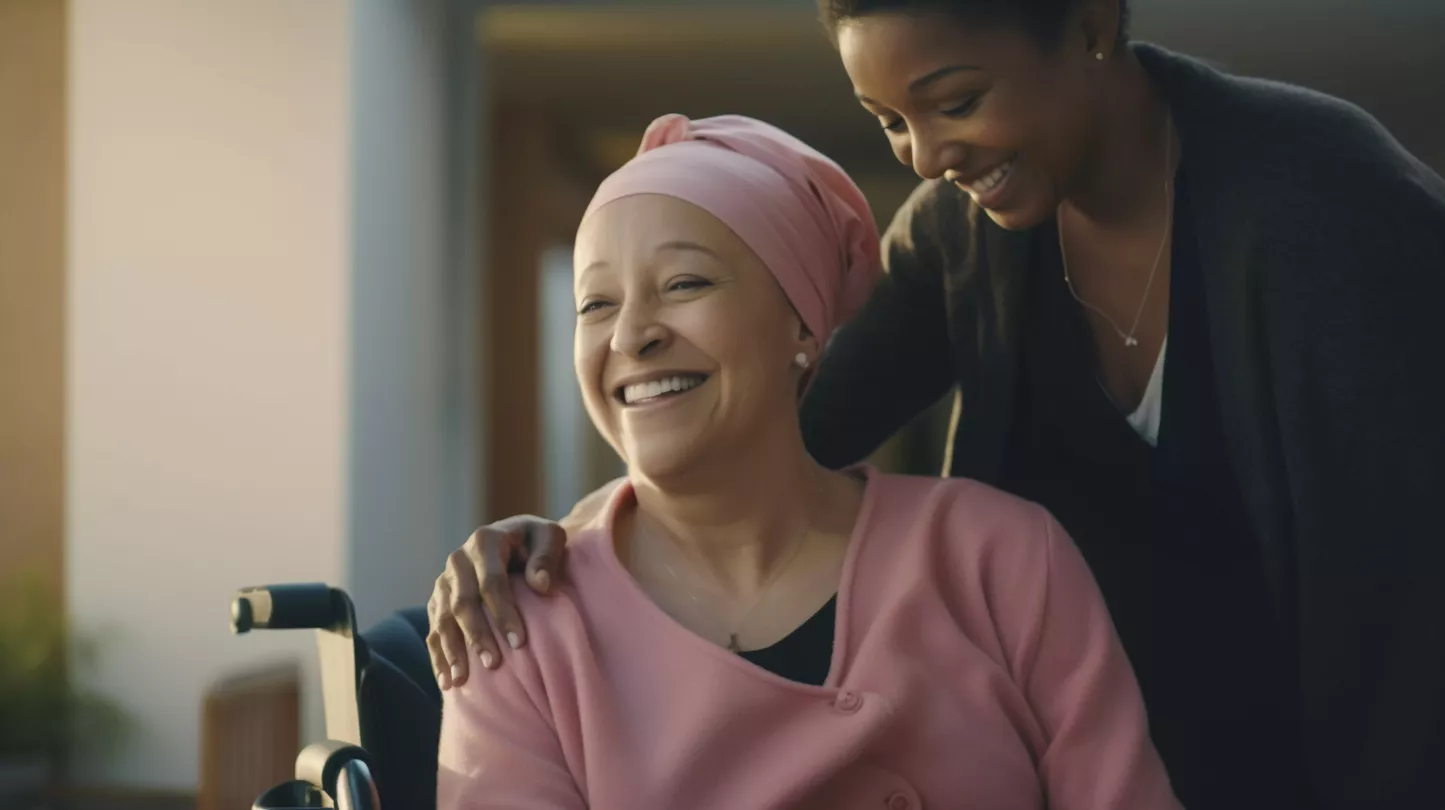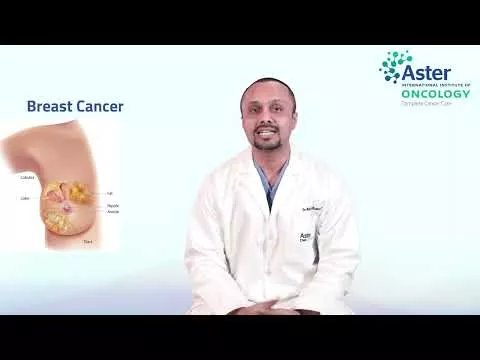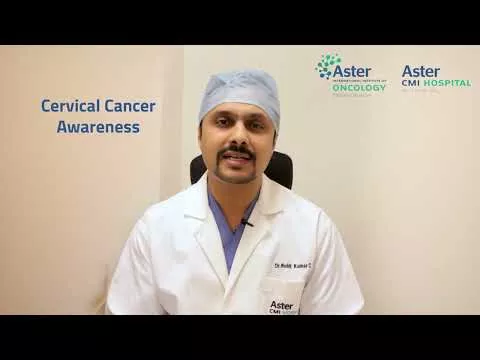Mastectomy Types: Understanding Breast Cancer Surgery
A common form of cancer, breast cancer, originates in the breasts. While this cancer predominantly affects women, it can occur in men too. As breast cancer symptoms may be mild in the initial stages, regular self-exams and screenings are important for early detection. While there are no specified causes of breast cancer, factors such as age, genetic makeup, and environmental factors may increase your risk for the disease.
On a positive note, breast cancer treatment is often possible through surgery when the disease is identified during early breast cancer stages. Regular screenings at the best cancer hospital in Bangalore can detect any concern in the early stages and guide you on how to stay healthy.
Mastectomy – Breast Cancer Surgery
A mastectomy is a surgical procedure that removes partial or complete breast tissue. This surgery may be done as a form of breast cancer treatment or as a preventive if you are at a high risk of developing cancer. There are different kinds of mastectomies. Your care team at the best cancer hospital in Bangalore will discuss all these possibilities with you for an informed decision.
Women diagnosed with early-stage breast cancer often have a choice of surgical treatments.
We have more people opting for breast conserving surgery than whats mentioned ..but now its more than 40% Breast conserving surgery.
Types of Mastectomy Procedures
Different types of mastectomy procedures are used to treat breast cancer depending on the stage of cancer and the amount of breast tissue removed. These include:
Simple (Total) Mastectomy
This procedure removes the entire breast tissue from either one breast (unilateral) or both breasts (bilateral) based on how much the cancer has spread and the associated risk factors. The pectoral muscles beneath the breast are spared but the nipple, areola, and skin are completely removed.
Skin-Sparing Mastectomy
In this procedure, the surgeon will remove all of the breast tissue, nipple, and areola, but will spare the skin over the breast. This surgery is done when the person is clear about going in for breast reconstruction after the surgery. Here, breast implants or tissue expanders are placed under the skin. Leaving the skin makes the breast look more natural as compared to other forms of reconstruction. However, this procedure is not safe for people who may have tumour cells close to the skin.
And tumour has involved skin.
Nipple-Sparing Mastectomy
In this type of breast cancer surgery, the surgeon will remove all the breast tissue but spare the nipple, areola, and skin of the breast. Some tissue under the nipple and areola is scanned for cancer as are the lymph nodes. If cancer is found in any of these areas then they are also removed in a following surgery.
This procedure is done when the person is clear about having breast reconstruction surgery and keeping the nipple, areola and breast skin causes them to look more natural. The surgery scar also has minimal visibility. However, this procedure is not recommended if there is cancer in the nipple or Paget’s disease. Further, following the surgery, there may be changes to the way the nipples look as well as your ability to feel any sensations from them. Talk to your doctor in detail at the best cancer hospital in Bangalore before making a decision.
Modified Radical Mastectomy
In a modified radical mastectomy, all the breast tissue, nipple, areola, and underarm lymph nodes are removed. The lymph nodes are where the cancer typically spreads from the breasts. This procedure reduces the risk of recurrence and maybe be recommended in situations of high risk or where the cancer has started to spread to the lymph nodes.
Radical Mastectomy
A radical mastectomy is performed in rare cases where the case has spread to the chest muscles. Here, all of the breast tissue including the nipple, areola, and skin, along with the underarm lymph nodes and pectoral muscles are removed.
Prophylactic Mastectomy
This surgery is done as a preventive before cancer is found. Here, all the breast tissue is removed, and it is performed in people with a high risk of developing breast cancer due to genetic mutations .
Conclusion
Different types of mastectomies give people a range of breast cancer treatment options. Talk to your surgeon and care team to understand which procedure works best for your particular situation.

